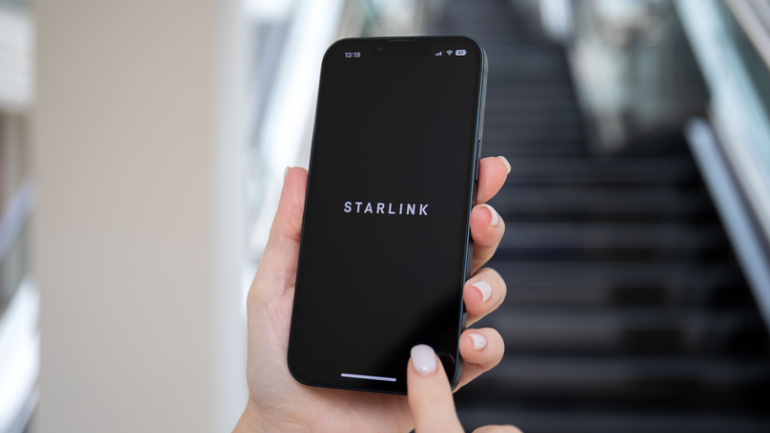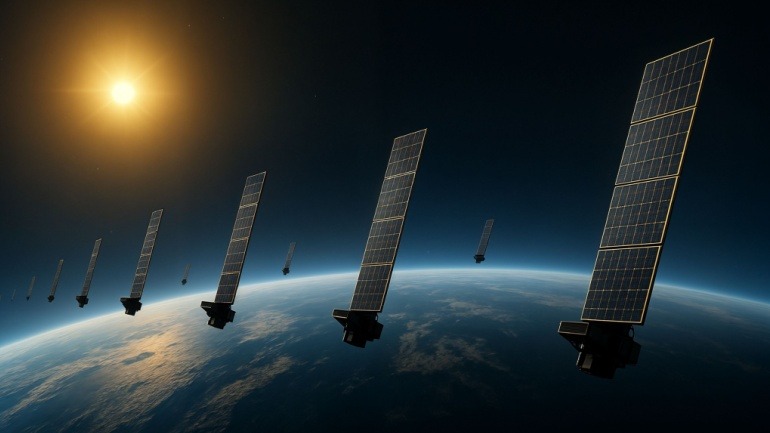Starlink, a branch of the sensational SpaceX, has subtly announced its Direct to Cell service. It offers an appealing proposal — that existing LTE phones can maintain connectivity ‘anywhere under the sky’ with no requirement for hardware or firmware changes, or any special apps.
The exceptional Direct to Cell feature allows you to network your existing LTE phone, enabling cellular usage in even the most remote of locations. This feature will prove especially beneficial if you frequently find yourself beyond the zone of terrestrial coverage.
Setting a progression timeframe, Starlink has advanced plans for the implementation of textual services in 2024, inclusive of voice, data, and IoT connectivity to be fully functional by 2025.
Impressively, Direct to Cell utilizes eNodeB modems housed in Starlink satellites, enabling these satellites to function similarly to a conventional roaming cellular tower. These strides leverage SpaceX’s notable experience in crafting world-leading rockets and spacecraft. The Direct to Cell satellites are scheduled for their initial launch onboard SpaceX’s Falcon 9 rocket with future launches involving the Starship.
Last August witnessed T-Mobile CEO Mike Sievert and Elon Musk displaying the joint ‘Coverage Above and Beyond’ project at the SpaceX launch site. This project claims to ‘bring cell phone connectivity everywhere’. Since then, the program seems to have undergone a rebranding, now featuring additional operator alliances such as Rogers in Canada, Salt in Switzerland, KDDI in Japan, One NZ in New Zealand, and Optus in Australia.
However, Peter Kibutu, the Advanced Technology Lead at TTP, raises awareness about the importance of scrutinizing Starlink’s plans to implement a direct-to-cell service due to possible limitations. Kibutu notes that Starlink uses its proprietary technology, potentially causing obstacles down the road. The existing technology may only support low-bandwidth voice and data services, and there may be a need to resort to industry best practices in the future.
No information on pricing or other pivotal components has been disclosed to date. Thus, consumers and enthusiasts must remain patient, waiting for further disclosure to assess how Starlink’s Direct to Cell measures against competing satellite connectivity ventures.







